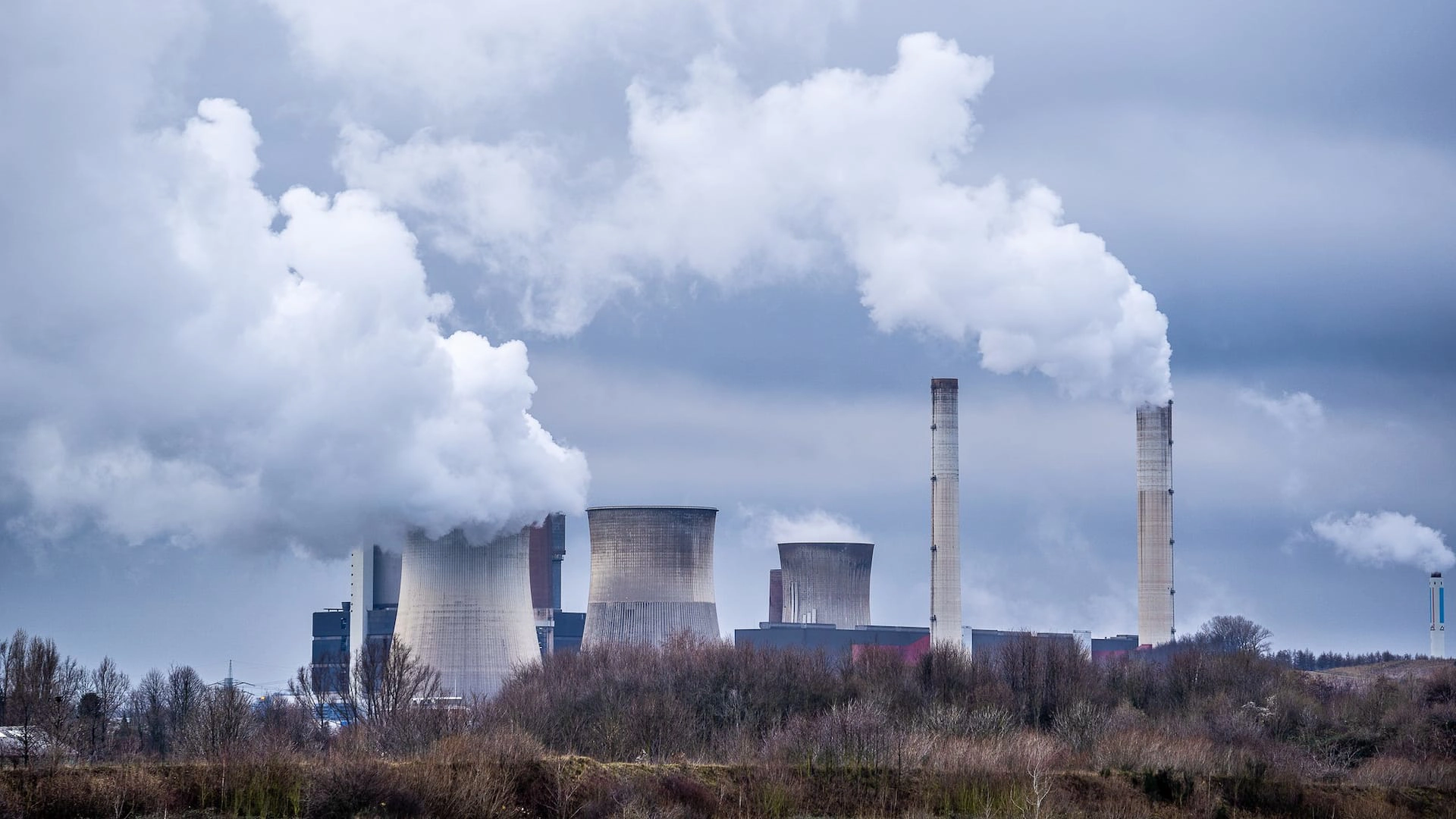
The meaning of the greenhouse effect: it is a process when the Sun’s heat is warming up our planet’s atmosphere, trapping the heat.
Climate change is the biggest threat people will face shortly. The greenhouse effect can increase the speed of global warming, but it is because of humans. The greenhouse effect would not threaten our population if we did not pollute the air with industrial gases.
Greenhouse effect definition
By definition, the greenhouse effect is a process that occurs when gases in Earth's atmosphere trap the Sun's heat. This process makes Earth much warmer than it would be without an atmosphere. The greenhouse effect is one of the things that makes Earth a comfortable place to live.
Without the greenhouse effect, we would freeze to death, so we really cannot say that the greenhouse effect is a bad thing, quite the opposite: it keeps us alive. However, the thing why this effect sounds negative is because if we do not handle our gas emissions properly, the Earth’s atmosphere will heat up, making it impossible to live on our beloved planet.
What gases cause the greenhouse effect?
There are two types of gas emissions:
- natural causes
- and man-made causes
Nature causes global warming too, but most of the time it comes from unexpected events or catastrophes. For example, a meteor impact or a volcano eruption can change the whole globe’s climate for a while. Such natural disasters cause fluctuations in temperature and precipitation.
Scientists say that we are 99.99% responsible for heating the planet. CO2 produced by industries is the largest contributor to climate change. By 2020, its concentration in the atmosphere has risen to 48% above its pre-industrial level.
CO2 and CH4 as a greenhouse gas
Carbon-dioxide and methane emissions are the biggest contributors to the greenhouse effect. Methane emissions affect the atmosphere, and the greenhouse effect is 34 times stronger than CO2 over 100 years and 86 times stronger over 20 years. In a short time, it is more greenhouse gas than CO2. Read more about current carbon emissions.

Global warming and the greenhouse effect
Why is this process called the greenhouse effect? Greenhouses are made of glass that is letting in the sunlight, which heats the place. But the glass is not letting out the heat.
The same happens with our planet: our atmosphere lets through the Sun’s heat, which is warming the planet. And the atmosphere keeps the warmth. But if too many greenhouse gases are emitted into the atmosphere, then the Earth will not able to ‘cool down’.
Humans are increasing greenhouse gas emissions
But what can we do about it?
Although greenhouse gases are polluting the Earth at an all-time high level, the strategy to reverse this process is ready. First-world countries, the US, and member states of the European Union are reducing carbon emissions by 50% until 2030.
Countries in the EU have already started decarbonization. As the following graph shows, Spain, Germany, the UK, Italy, and France are reducing their CO2 emissions by 10-16% year by year.
Conclusion
- The greenhouse effect is not bad by definition, quite the opposite: it keeps us alive.
- People are causing more harmful gas emissions than nature
- CO2 and CH4 are the most common greenhouse gases
